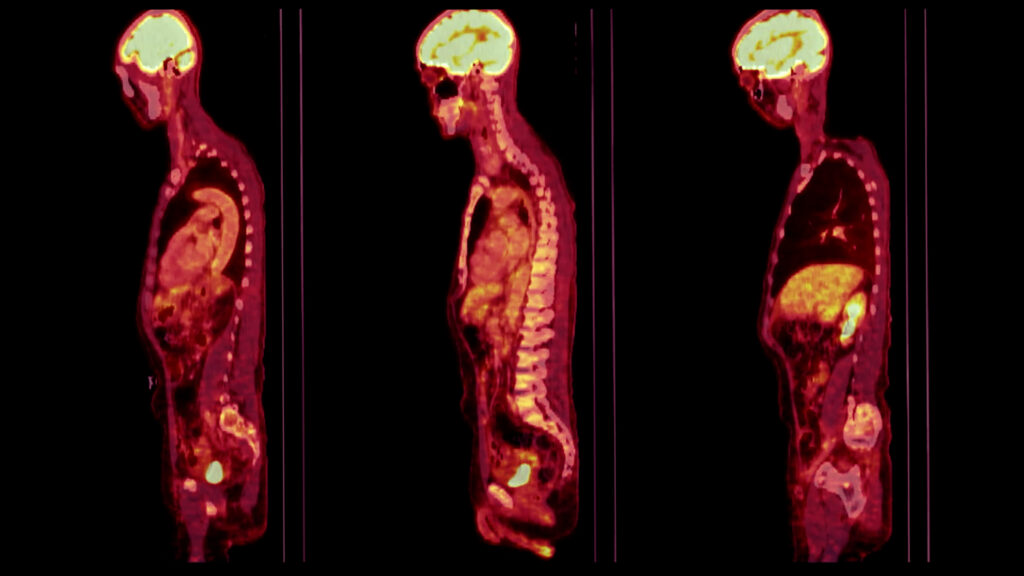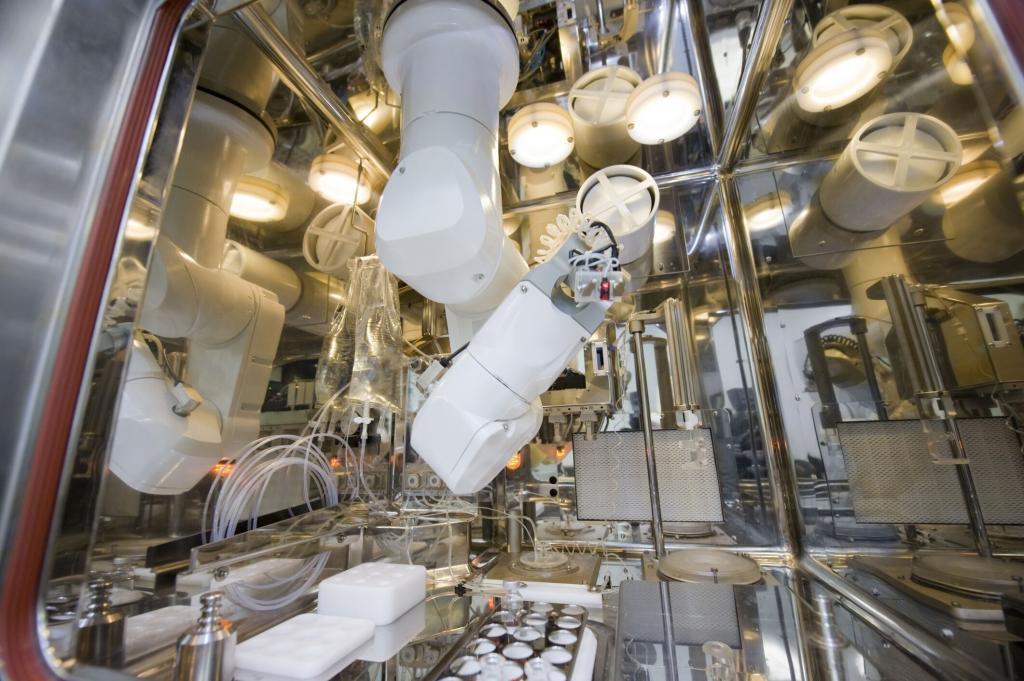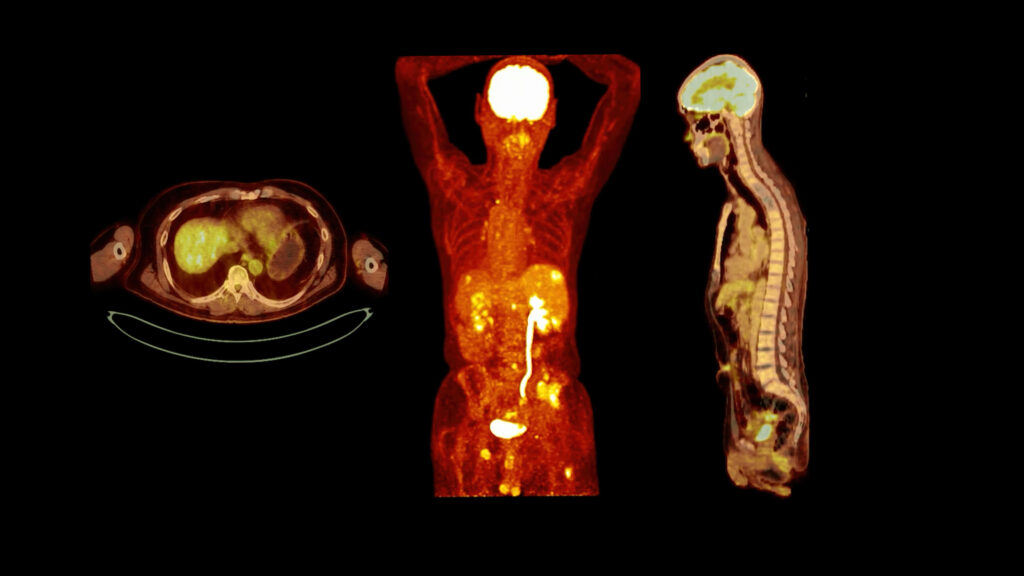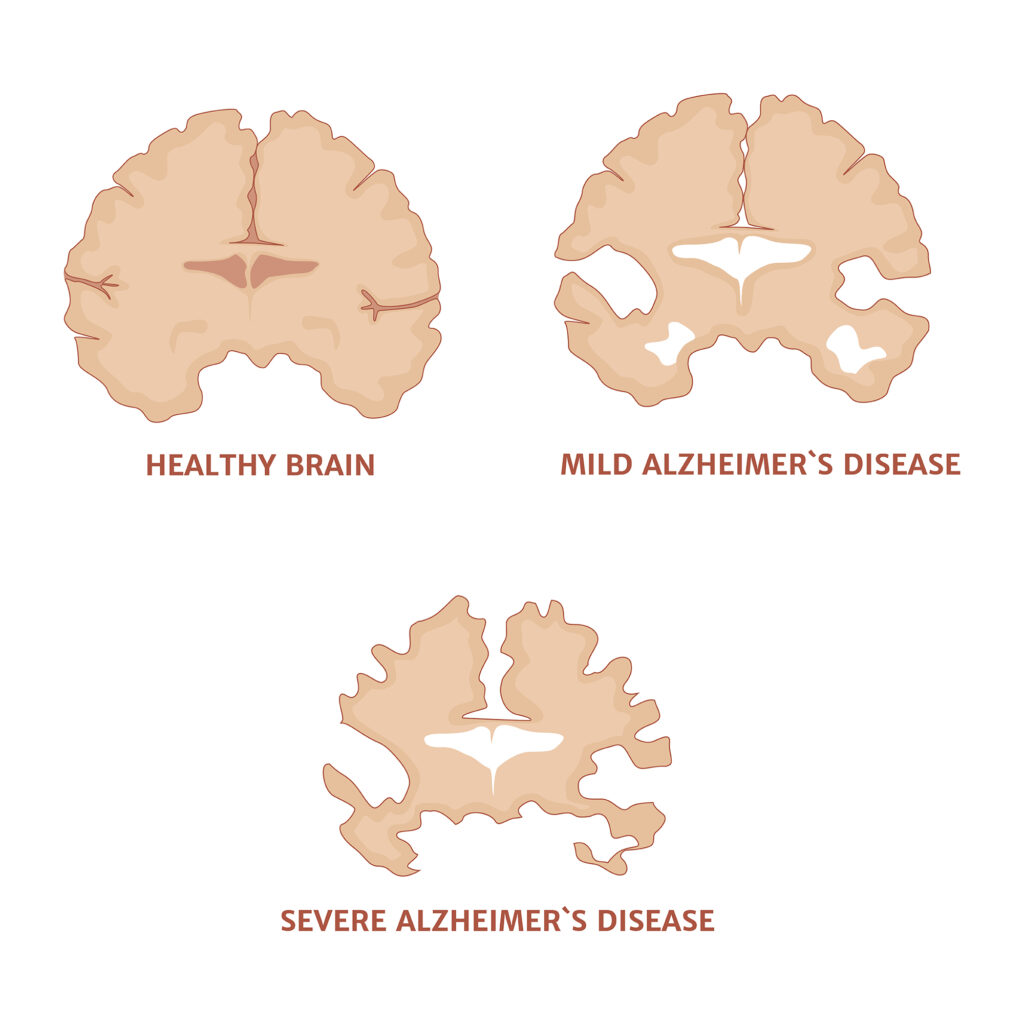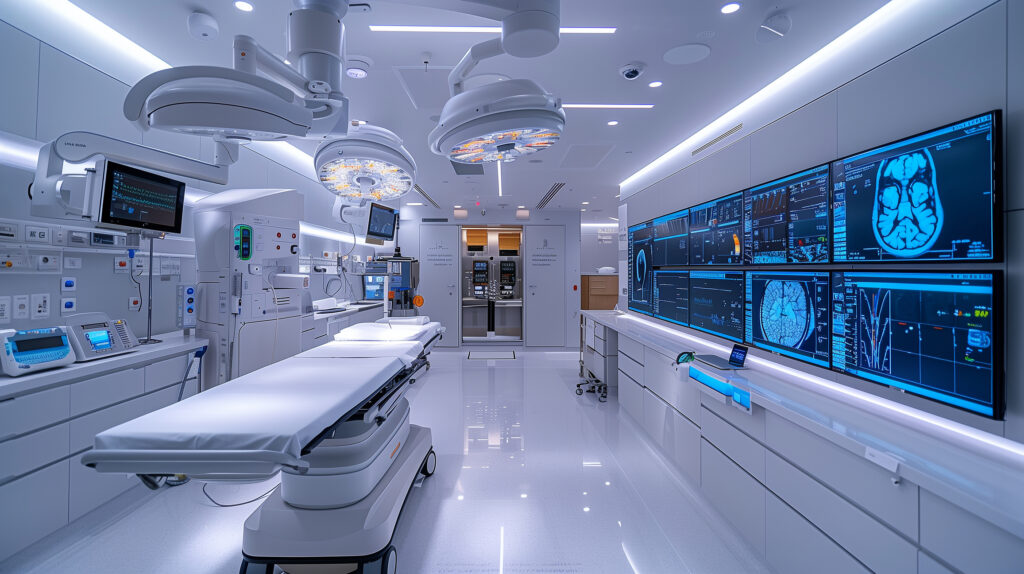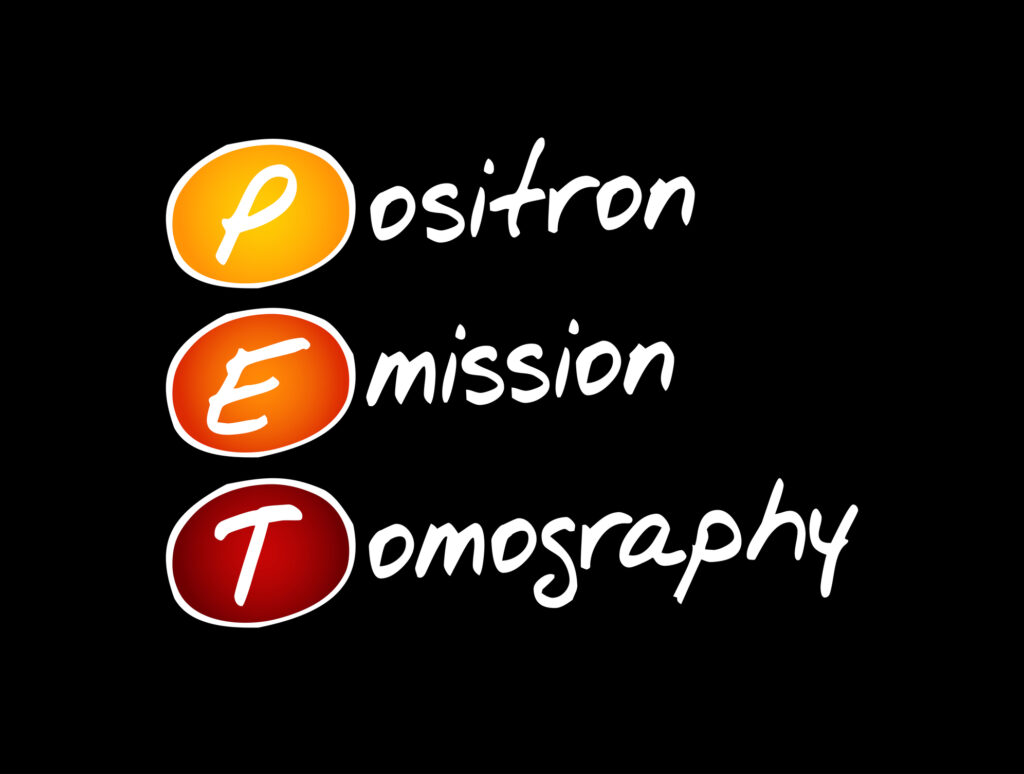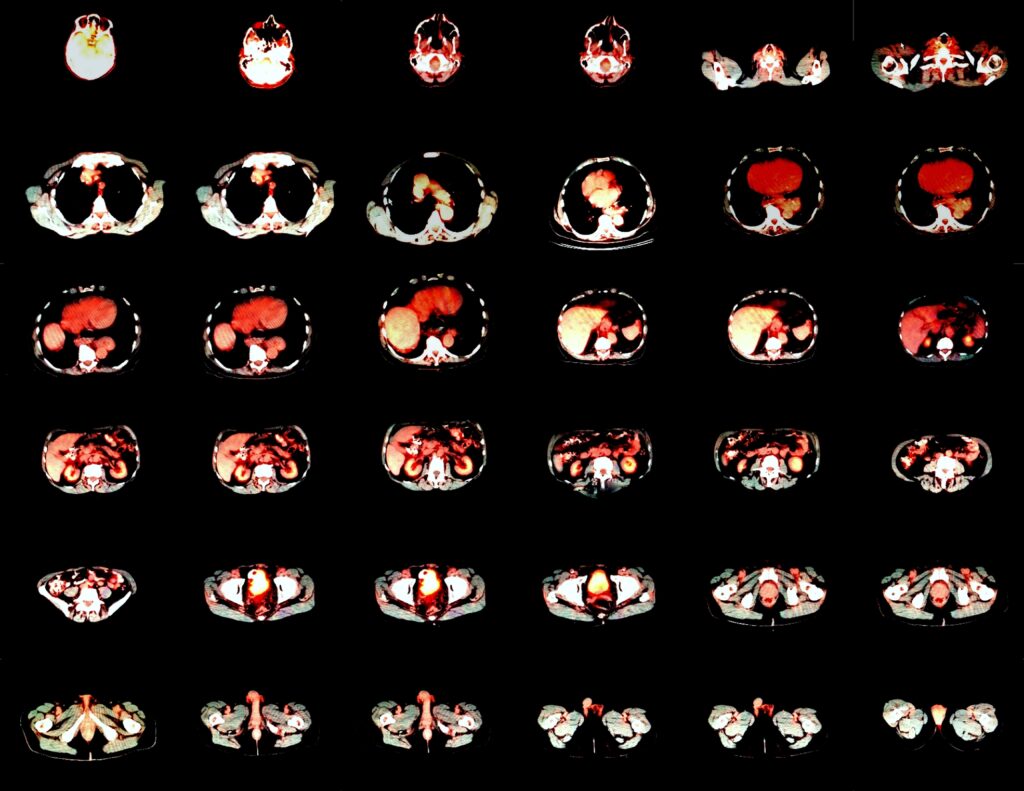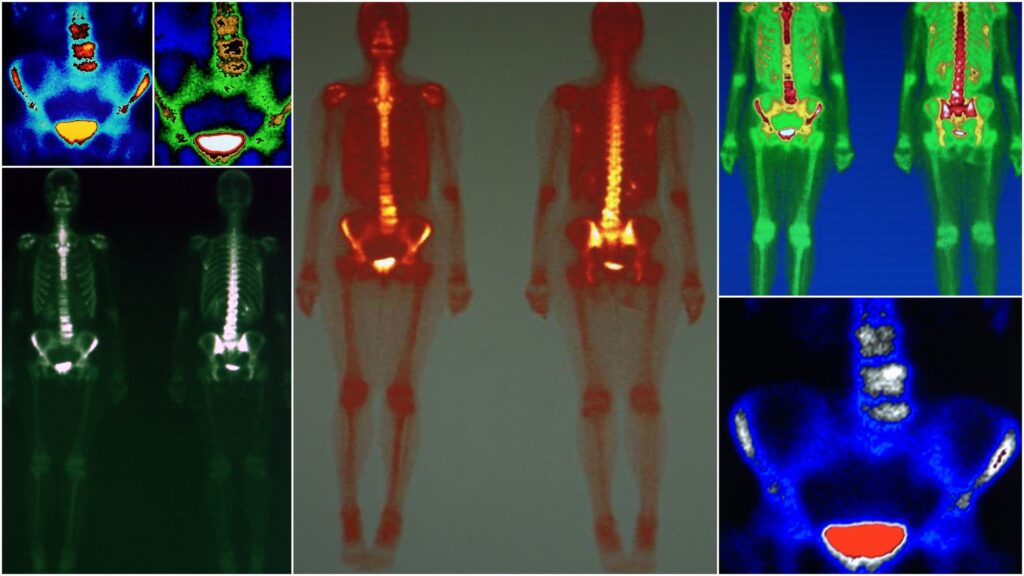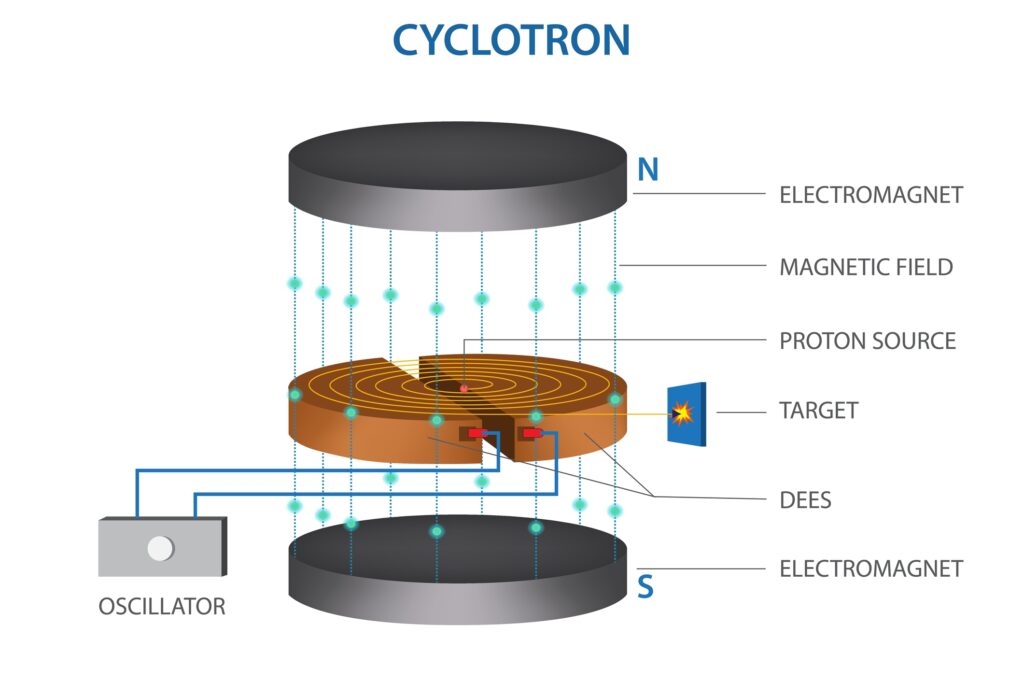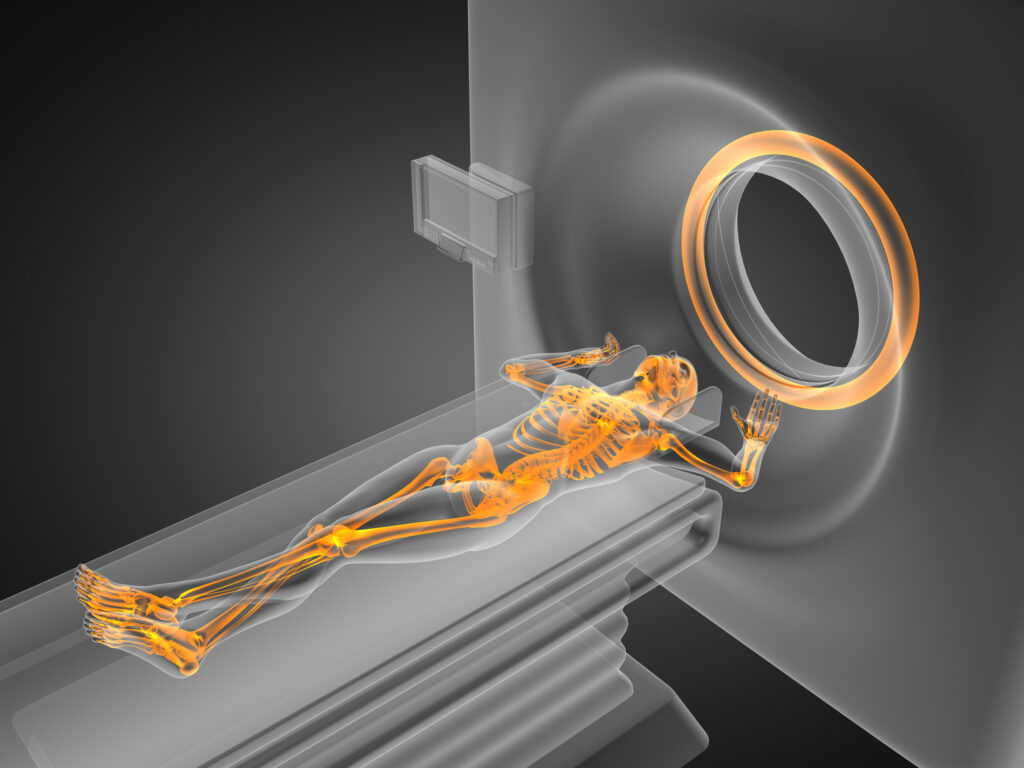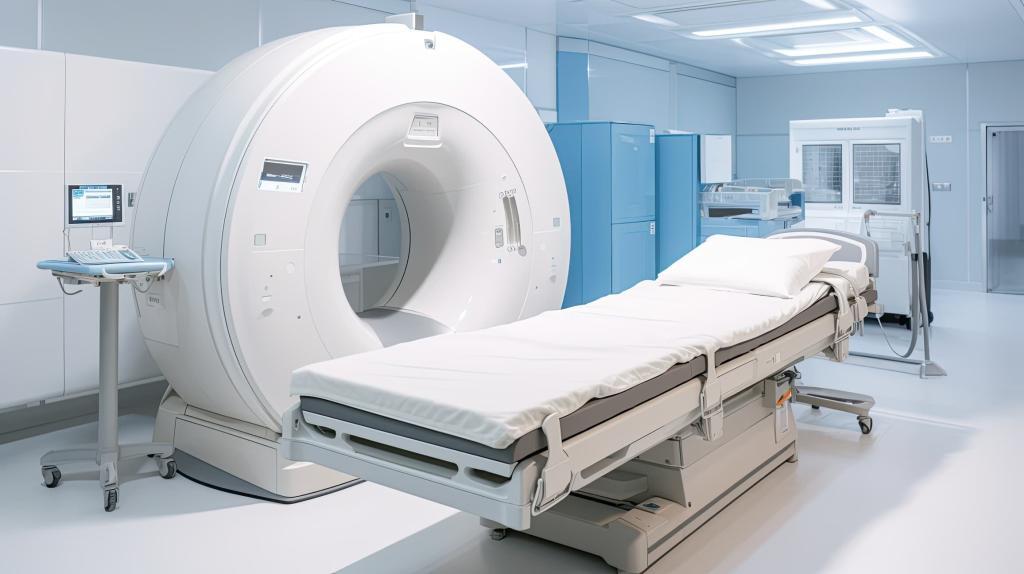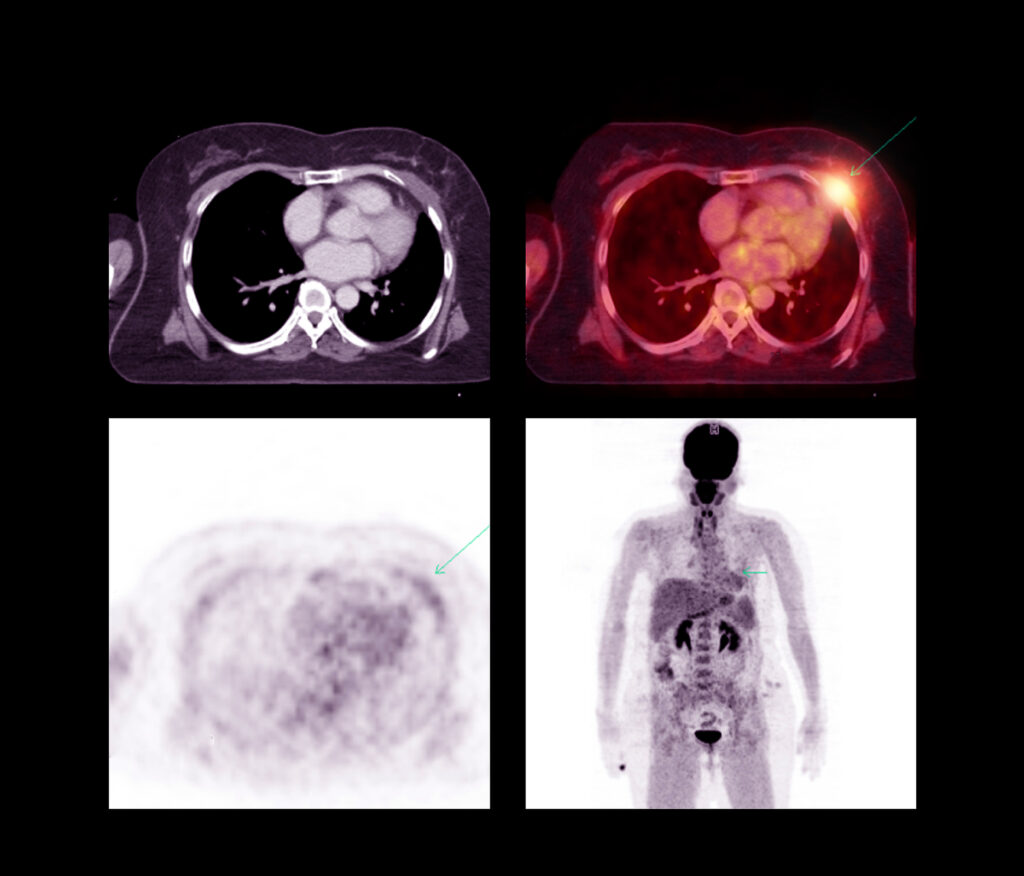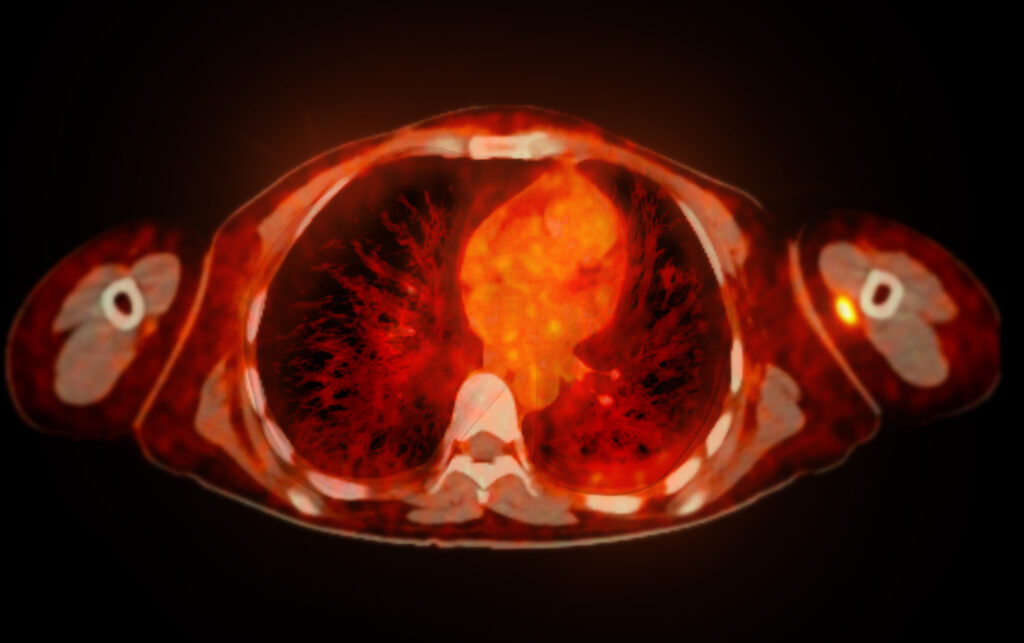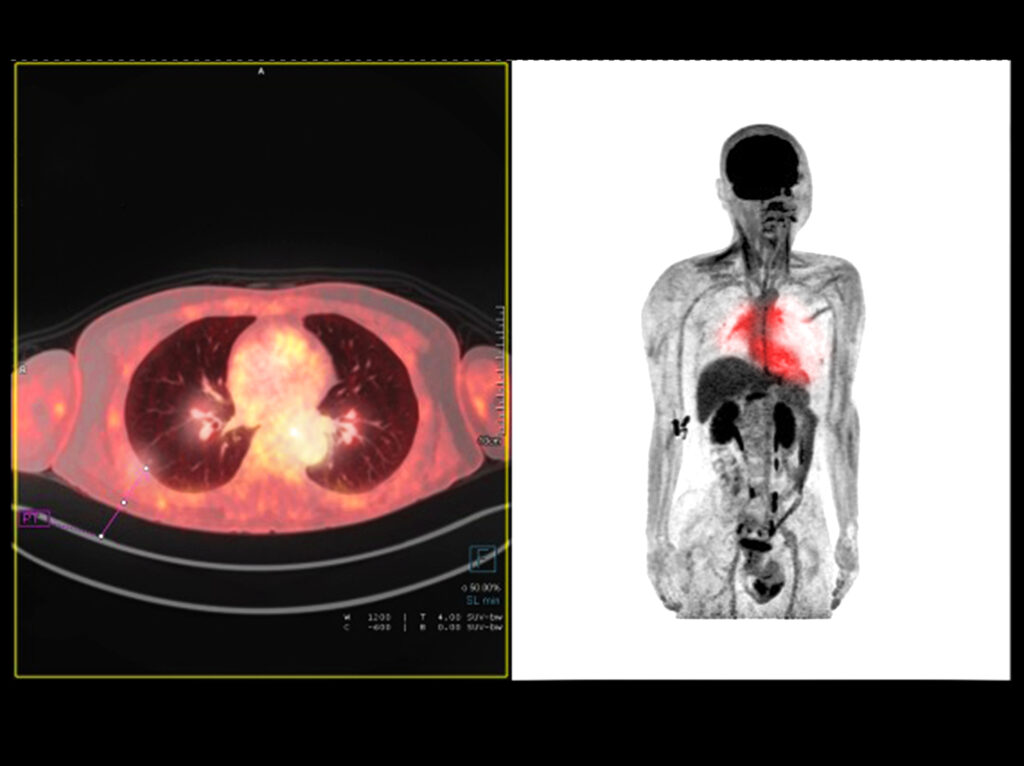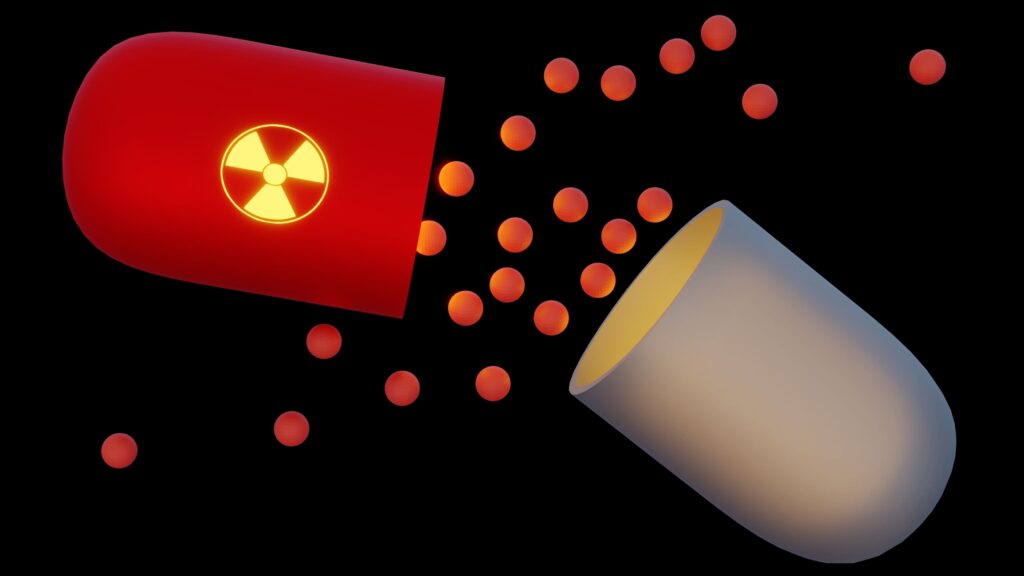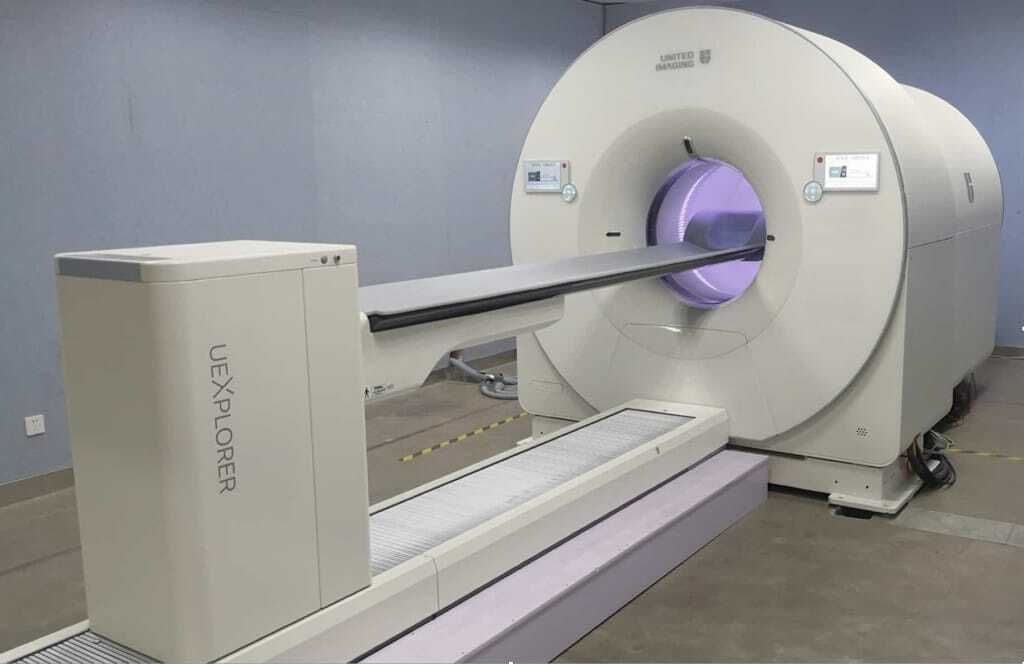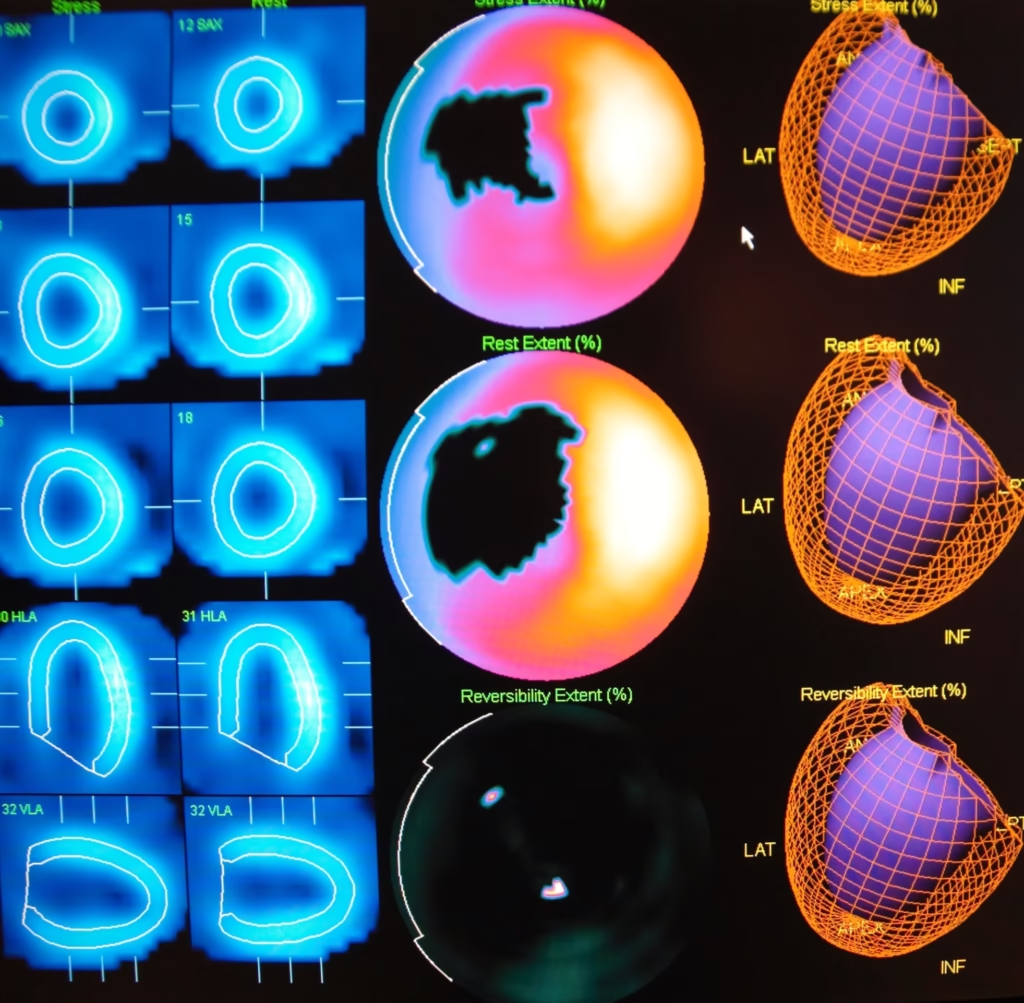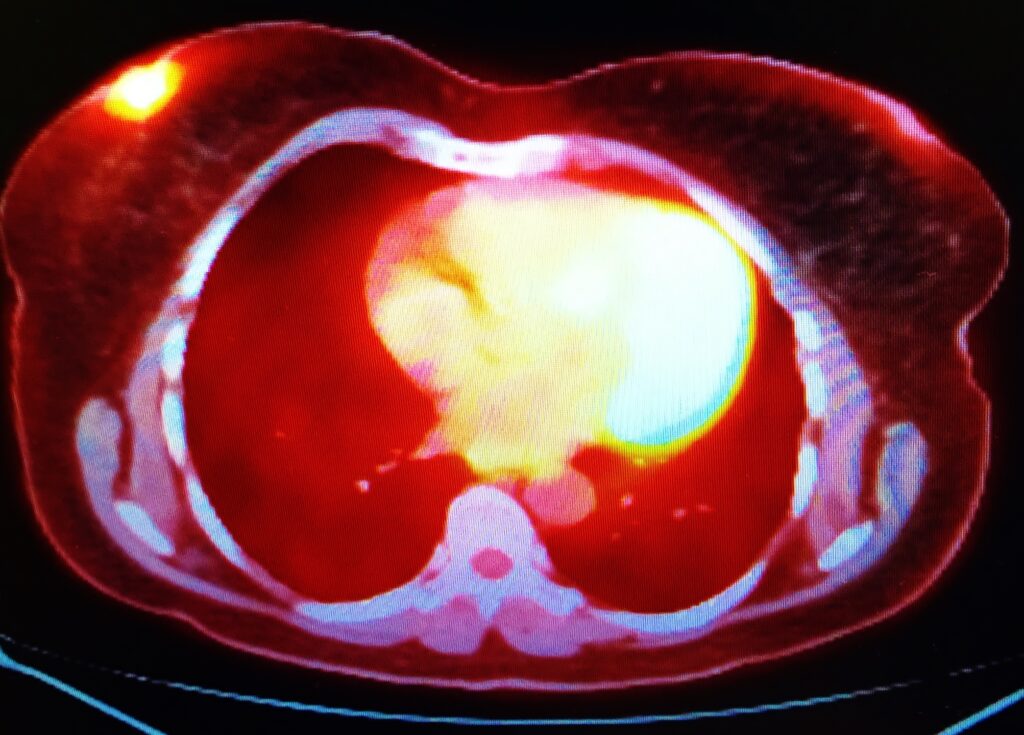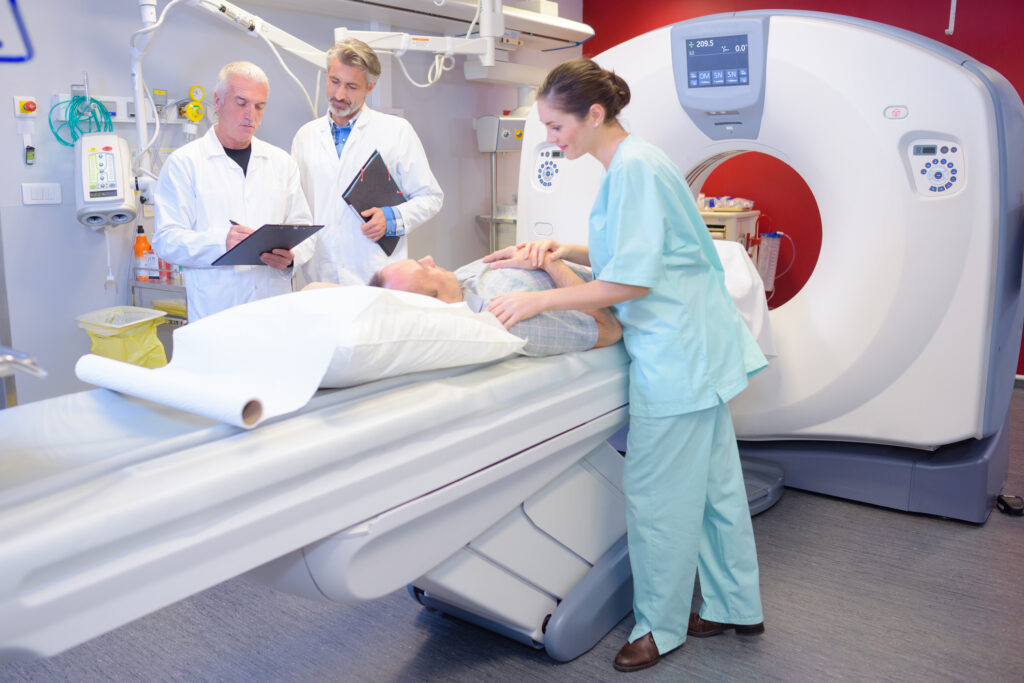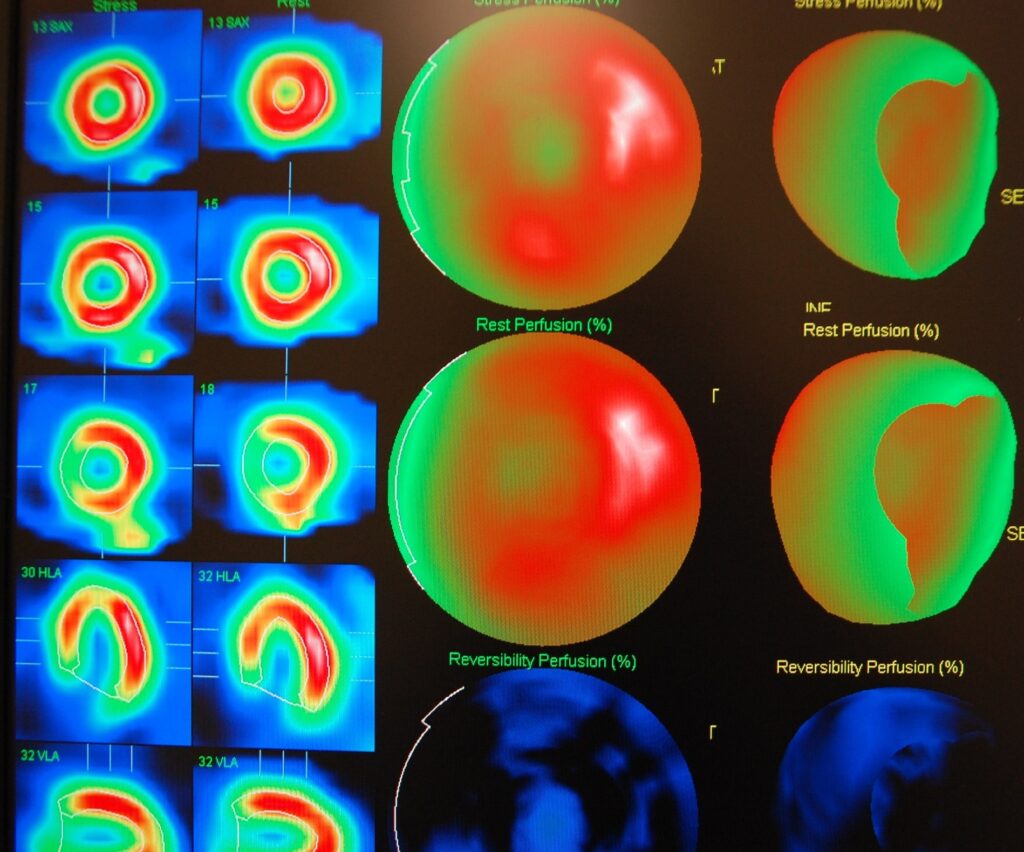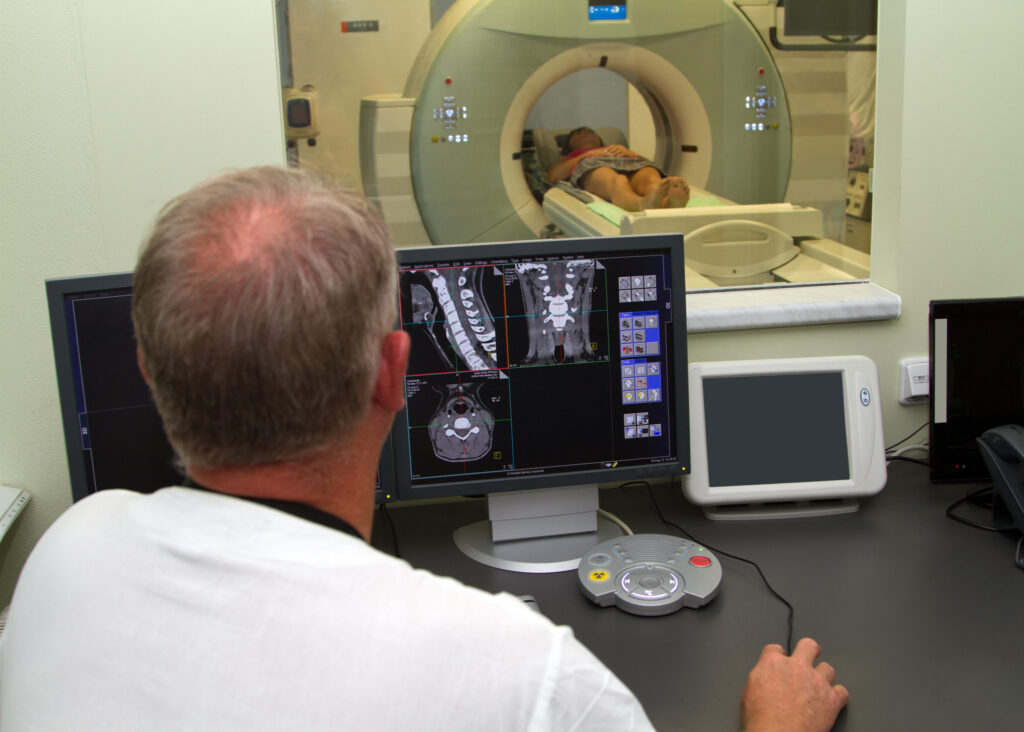Nuclear Medicine Imaging
Nuclear medicine imaging is a sophisticated and multi-disciplinary field that intersects medicine, physics, and chemistry to provide unique insights into the human body’s physiological processes. This speciality leverages advanced imaging techniques like positron emission tomography (PET) and single-photon emission computed tomography (SPECT), alongside specialised substances known as radiopharmaceuticals to explore, diagnose, and sometimes treat various diseases in a non-invasive manner.
Radiopharmaceuticals play a crucial role in nuclear medicine. They consist of a radioactive component—either a radionuclide such as iodine-131 or a radionuclide linked to a carrier molecule, which could be a drug or a biologically active molecule. These substances are introduced into the body via injection, ingestion, or inhalation, depending on the nature of the test and the organ or tissue targeted for imaging. Once administered, the radiopharmaceutical accumulates in the specific organ or tissue of interest, emitting radiation detectable by specialised imaging instruments.
In practice, when a radiopharmaceutical is administered to a patient, it emits radiation that is captured by imaging devices. This process enables the visualisation of biochemical changes occurring within the body. For instance, PET scans can show how tissues and organs function in real-time, highlighting abnormalities that might not be visible through other imaging methods. This functional imaging is particularly valuable as it offers quantitative data about healthy and diseased tissues, providing insights often pivotal for accurate diagnosis and treatment planning.
Unlike traditional imaging techniques such as ultrasound, MRI, or CT scans that primarily focus on anatomical structures and abnormalities, nuclear medicine provides a detailed representation of physiological function. This capability makes it exceptionally useful in fields like oncology, where understanding the metabolic activity of a tumour can influence treatment decisions.
Moreover, in cancer treatment, nuclear medicine has therapeutic applications as well. Certain highly targeted radiopharmaceuticals are designed to deliver lethal doses of radiation precisely to tumour sites, minimising damage to surrounding healthy tissues. This targeted therapy exemplifies nuclear medicine’s dual diagnostic and therapeutic capabilities, making it a critical component of modern oncological care.
Overall, nuclear medicine imaging offers a robust, noninvasive means of diagnosing and treating diseases. It combines advanced imaging technology with specialised radioactive compounds to explore and manipulate bodily processes.
You are here:
home » nuclear medicine imaging

